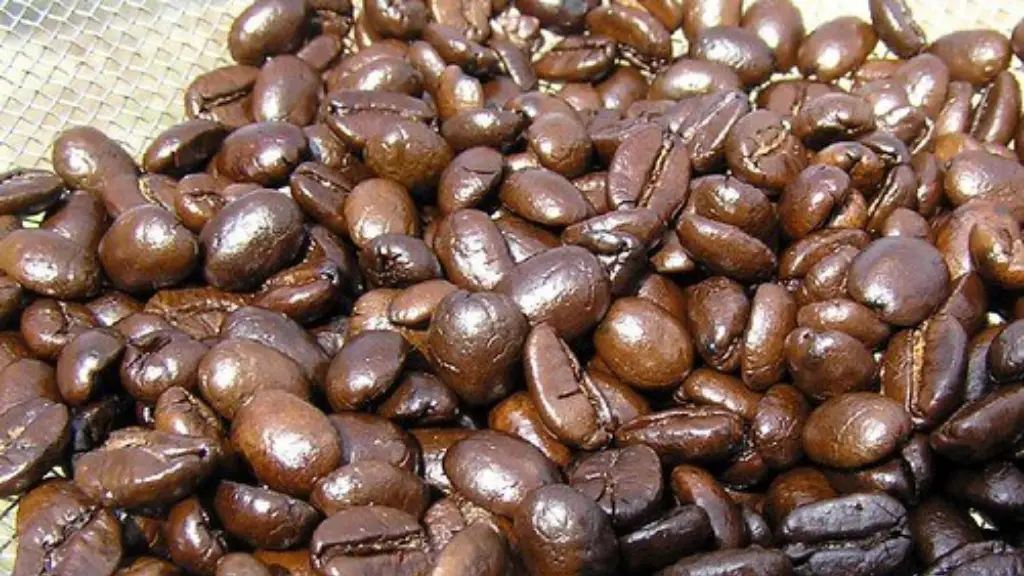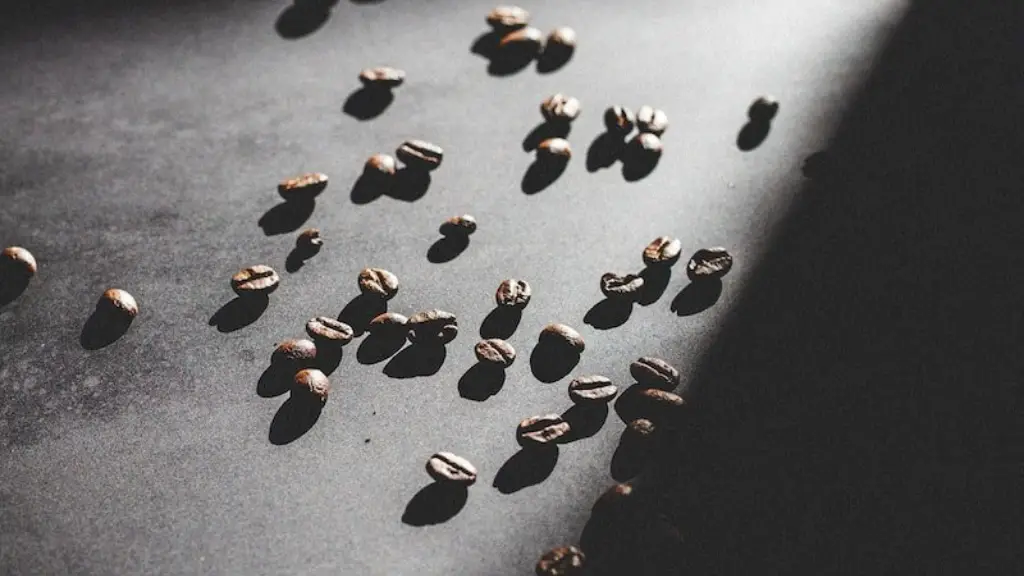Does Drinking Coffee Induce Periods?
The debate surrounding caffeine consumption and its potential effect on menstrual cycles has been ongoing for years. Some studies have found that caffeine intake can shorten the length of a menstrual cycle and lead to earlier-than-usual menstrual periods. While the link between coffee and period induction is not yet proven, there are still many questions to be answered. Such as: How much coffee could induce an early period? What about other caffeine-containing drinks, like tea and soda? Could caffeine also cause missed periods?
Researchers have looked at various dietary habits that could influence menstrual cycles. A study from the Fertility and Sterility journal found that, compared to those who had no caffeine, women who drank coffee were more likely to experience shorter cycles. Furthermore, it was suggested that those who drank more than four cups per day had the shortest cycles. Other studies on coffee and menstrual patterns have come to similar conclusions.
In other studies, the effects of drinking caffeinated tea and soda have also been looked at. While there is evidence to suggest that these can shortening menstrual cycles, the amount needed to induce a period is thought to be higher in these cases. Therefore, more research is needed in this area.
In terms of missed periods, one study showed an increased chance of missed periods in those who drank more than two cups of coffee per day. This suggests that drinking too much caffeine can disrupt normal hormone cycles and induce missed periods. However, this may not be the case for all women, as other studies suggest that this effect could vary from person to person.
When it comes to inducing periods, the amount of caffeine needed to make a difference may depend on one’s individual habits. For example, those who are used to consuming a lot of caffeine may need to reduce their caffeine intake in order to make any difference. On the other hand, for those who rarely or never consume any such products, caffeine intake may have a greater effect.
In conclusion, there is evidence to suggest that drinking coffee can lead to earlier menstrual periods in some women. However, the exact amount of caffeine needed to induce an earlier period is still unknown. Furthermore, more research is needed to assess the effects of other caffeine containing drinks on menstrual cycles. Finally, it is important to remember that the effects of caffeine consumption on menstrual cycles can vary from person to person.
Regular Caffeine Consumption
Caffeine is found in various beverages, such as coffee, tea and soda, and is one of the most widely consumed substances in the world. The average adult drinks around three to four cups of coffee per day, but this varies depending on the person and their personal preference.
The amount of caffeine consumed is an important factor to consider when looking at the effects of caffeine on women’s menstrual cycles. Regular caffeine consumption can lead to dependence and tolerance, which can lead to problems if attempts are made to significantly decrease caffeine intake in order to induce an earlier period.
In addition, those who drink large amounts of caffeine, such as four cups of coffee a day or more, may be more likely to experience menstrual irregularities, such as earlier-than-normal periods or missed periods.
Overall, it is important to consider your own specific level of caffeine consumption and how it could be affecting your menstrual cycle.
Potential Health Risks
It is also important to consider any potential health risks associated with drinking coffee and other caffeine-containing beverages.
A study from the British Medical Journal found that higher caffeine intake was associated with a higher risk of miscarriage.
In addition, caffeine can increase heart rate and blood pressure and can cause insomnia, restlessness and anxiety.
It is also important to note that caffeine can interact with certain medications and can have an adverse effect on people with anxiety disorders, pregnancy, and those who are sensitive to the effects of stimulants.
Overall, it is important to consider potential health risks of caffeine intake when looking at its potential effects on menstrual cycles.
The Benefits of Caffeine
Although there are some potential health risks associated with drinking coffee, it is important to note that caffeine also has many potential benefits.
Studies have found that caffeine can improve reaction time, alertness and concentration. It can also help to reduce physical and mental fatigue and can improve athletic performance.
In addition, caffeine can increase energy levels and has been found to have various protective effects on the brain, such as improving memory and reducing the risk of Alzheimer’s and Parkinson’s disease.
Therefore, it is important to consider both the potential health risks and potential benefits when looking at the effects of caffeine consumption on menstrual cycles.
Other Factors that Influence Periods
It is important to note that caffeine is not the only factor that can influence menstrual cycles. Other factors, such as stress, diet, and exercise, can also play a role.
Stress can have a major impact on one’s menstrual cycle. It can cause a decrease in libido and can lead to missed or early periods.
Diet can also play a role, as certain foods can influence hormone levels. For example, low-fat diets and diets high in processed foods can increase the risk of irregular menstrual cycles.
Exercise can also influence menstrual cycles, as it can affect hormone levels and reduce stress.
It is important to consider all of these factors when looking at the effects of caffeine consumption on menstrual cycles, as they can all interact with one another to influence the menstrual cycle.
Conclusion
In conclusion, while there is evidence to suggest that drinking coffee can lead to earlier menstrual periods in some women, the exact amount of caffeine needed to induce an earlier period is still unknown. Furthermore, more research is needed to assess the effects of other caffeine-containing drinks on menstrual cycles. It is also important to consider potential health risks and potential benefits of caffeine consumption, as well as other factors, such as stress, diet, and exercise, when looking at the effects on menstrual cycles.





